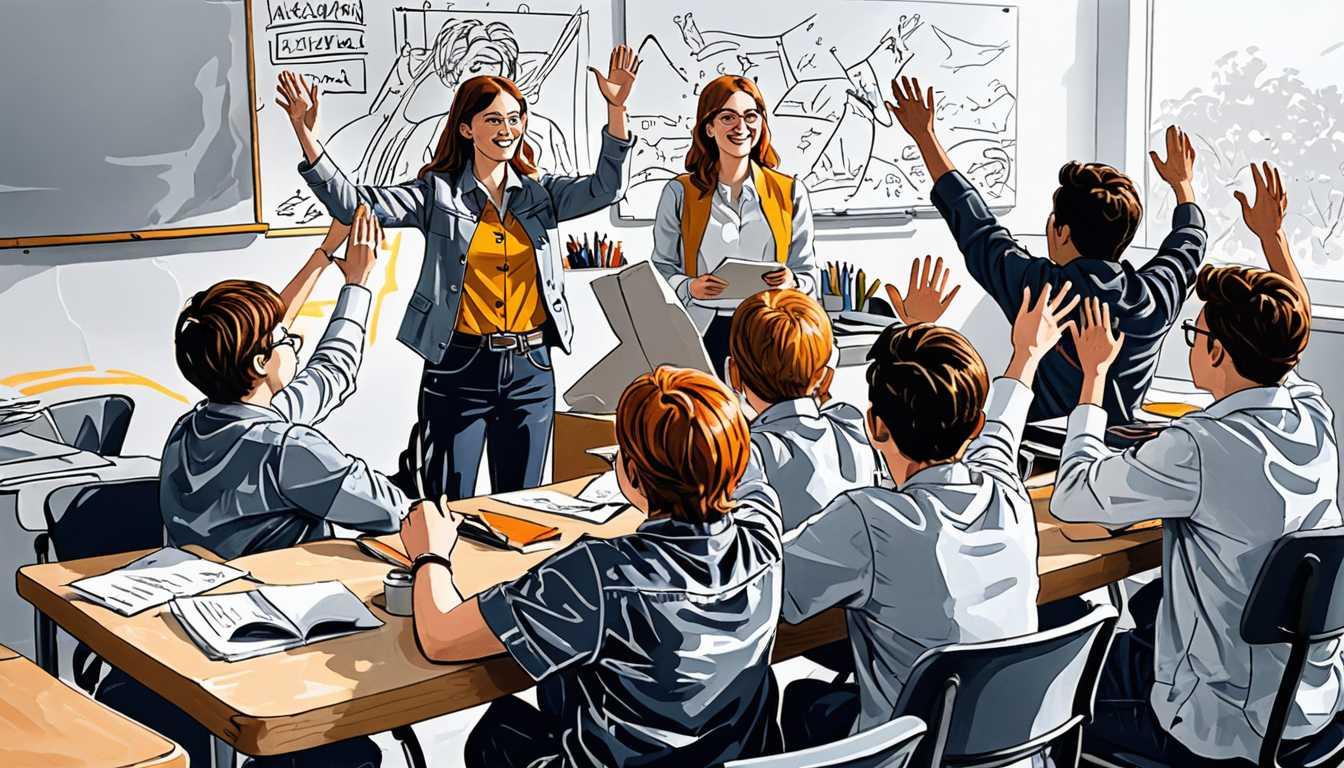Numbers Game: Perception Unveiled
September 2023
University of California
Introduction
Dive into the quirky world of football jersey numbers with a twist! A fascinating study by UCLA reveals that wide receivers in jerseys numbered 10-19 are perceived as slimmer than those donning 80-89, despite identical body sizes. It's all in the numbers, folks! This intriguing find, published in PLOS One, showcases how our brains link numbers to physical size, shaping our perception. So next time you're picking a jersey, remember, it's not just a number!
READ FULL ARTICLEWhy It Matters
Discover how this topic shapes your world and future
Numbers Game – More Than Just a Figure
Imagine this: the number on a football player’s jersey could make them appear faster and slimmer to fans and opponents alike. Sounds like magic, right? But it's actually all in our heads! This fascinating intersection of sports, psychology, and neuroscience reveals how our brains make connections between numbers and physical attributes, even when we're not consciously aware of it. This phenomenon isn't just a curiosity; it has real-world implications, from sports to social perceptions, shaping our judgments and actions in subtle but significant ways. Understanding this can help us recognize and challenge our implicit biases, fostering a more inclusive and understanding world. For you, diving into this topic might spark curiosity about how our minds work and inspire you to think critically about the everyday assumptions we make.
Speak like a Scholar
Perception
The way our brain interprets information from our senses to give meaning to everything around us.
Implicit Bias
Unconscious associations or attitudes towards people or social groups that affect our understanding, actions, and decisions.
Statistical Learning
Our brain's ability to unconsciously learn and recognize patterns and regularities in the environment.
Cognitive Bias
A systematic error in thinking that affects the decisions and judgments that people make.
Neuroscience
The scientific study of the nervous system, including the brain, spinal cord, and neural networks.
Psychological Phenomenon
An experience or behavior that involves the mind and can be observed in individuals or groups.
Independent Research Ideas
The Influence of Color on Perception of Athletic Ability
Investigate how different jersey colors might affect perceptions of a player's speed, strength, or agility. This could reveal how color psychology and perception intertwine in sports and beyond.
Numbers in Marketing - How Product Numbers Affect Consumer Perception
Explore how product model numbers (e.g., iPhone 13 vs. iPhone 14) influence consumer perceptions of quality, innovation, or value. This project could blend psychology, marketing, and economics.
Cultural Variations in Number Perception
Examine how different cultures perceive numbers and whether this affects their perception of objects or people. This interdisciplinary study could combine anthropology, psychology, and international studies.
The Role of Implicit Bias in Sports Commentary
Analyze sports commentary to see if and how commentators’ implicit biases about players (based on jersey numbers, race, etc.) manifest in their commentary. This could intersect media studies, psychology, and sports science.
Statistical Learning and Language Acquisition
Investigate how statistical learning contributes to acquiring new languages, focusing on how children or adults unconsciously pick up patterns in language. This could offer insights into cognitive science, linguistics, and education.
Related Articles

Cheese and the Brain: A Fragrant Mystery
October 2017
Smithsonian Magazine

Social Goggles: Seeing Life in Patterns
December 2022
Dartmouth College

Brains Wired for Rights
July 2023
Brown University

Music: The Universal Language of Personalities
February 2022
University of Cambridge

Brainwave Sync: Learning's Secret?
April 2023
New York University